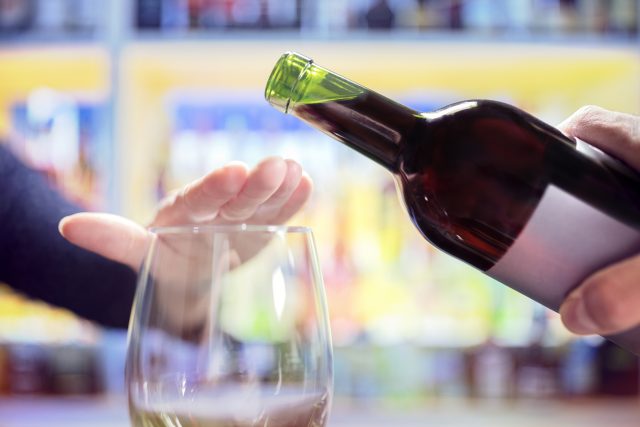This website uses cookies so that we can provide you with the best user experience possible. Cookie information is stored in your browser and performs functions such as recognising you when you return to our website and helping our team to understand which sections of the website you find most interesting and useful.
Older generation in France blamed for domestic wine lull
French grandparents’ failure to pass on their love of wine to younger generations could see the wine world in France suffer its “biggest redundancy wave this century”, the president of CNIV has warned, as domestic consumption continues to drop.

The over-55 age group in France continue to indulge in a glass of red, white or rosé wine at least ten times a month, Wine Intelligence data shows. But this generation has failed to pass on the legacy to younger French drinkers, with some 39% of under-35s preferring beer over still or sparkling wine, which accounted for 27% of their alcoholic beverages last year.
Bernard Farges, president of CNIV, the country’s national council of appellation and geographical indication, warned that the lack of enthusiasm from younger generations could see the wine world experience its “biggest redundancy wave this century”, according to The Telegraph.
“The older generations are not passing on their knowledge of terroirs and vintages ,” he told Le Figaro. “The consequence is that we have gone from drinking in moderation, which is an excellent thing, to abstinence.”
Heading into 2023, the Dry January campaign is likely to do little to help Farges’ cause. Consumption of no- and low-alcohol drinks is set to increase by a third by 2026 in key markets across the world, spurred on by growing consumer demand, new research has found.
Farges commented that “if nothing changes, our wine producers are going to suffer massive redundancies, with 100-150,000 jobs under threat within five years in a sector that numbers 500,000″.
Bordeaux vignerons staged a protest at the end of 2022 demanding changes to the existing rules as they struggle economically.
Allan Sichel, the new head of Bordeaux’ trade body, told Sud-Ouest that growers were coming to the end of their career with no prospect of selling up, leading to vines being abandoned. “We’re even seeing free tenant farming being abandoned,” he said. “It’s dramatic – there is complete disarray.”
He argued that there were a number of contributing factors, from climate change to the macro-economic backdrop which has seen inflation and soaring costs of dry goods, as well as the impact from the downturn in the Chinese market and falling demand for red wine among French consumers.

